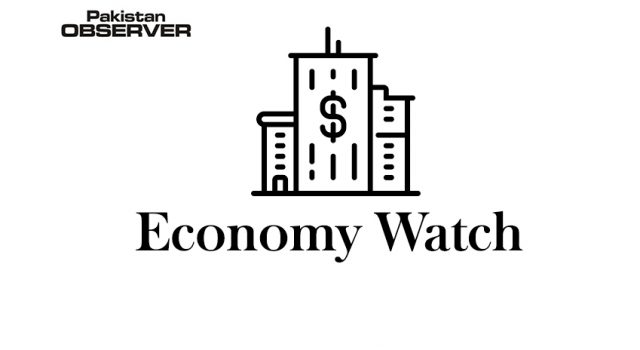Pakistan is victim of climate change produced by the heavily industrialised countries and paying a horrendous price of over US$30bn for the intransigence of others. It was stated by Coordinator to Federal Tax Ombudsman Meher Kashif Younis while talking to a delegation of Environmentalists led by Prof Dr Sajid Rashid Ahmad Arain, Principal Earth and Environmental Sciences Punjab University in Lahore on Sunday.
He said even Prime Minister of Fiji Frank Bainimarama admitted on his tweet while responding to a question on situation in Pakistan he said “Let be clear: Pakistani people did not do this to Pakistan-we all did, and highly emitting nations are most responsible.
Unless we end our species addiction to fossil fuels, every country in the will remain in the crosshairs of climate breakdown”, Mr Frank concluded.
He said the UN Secretary General after visit of flood hit areas said”.He had never seen climate related destruction on such a scale and I’m asking for Justice as it is a global crisis which demands a global response”.
He said according to UN estimate Pakistan contributes less than one percent of global greenhouse gas emissions and is yet 8th on the list of countries most vulnerable to severe weather caused by climate change.
He said Pakistan floods are a big wake-up call. He said our survival and that of our future gener tions will indeed depend upon our response today.
He said climate change has surfaced as a threat more dangerous than terrorism. Meher Kashif said what we need to do urgently is to boost agriculture production by using hi-tech hybrid seeds, construction of dams and water reservoirs, rehabilitation of flood affected people and restoration of infrastructure and active involvement of philanthropists for assistance of flood affected people marooned people besides drawing future line of action to avert such large scale disasters plunging the country in a state of quagmire.
He said severe heat and drought have continued to sweep across most parts of northern hemisphere.
He said human caused climate change made the event at least 10 times more likely. He said this drought, which is further disrupting supply chains and pushing up food and energy prices, once again reminds us of the urgency in working together to tackle climate change.
Meanwhile, many European countries including Germany, France, the Netherlands and Denmark have been quietly restarting coal- fired power, embarking on a “shift back” to ramp up carbon emissions, a set-back in terms of joint efforts in reducing emissions on a global scale, Meher Kashif concluded.










